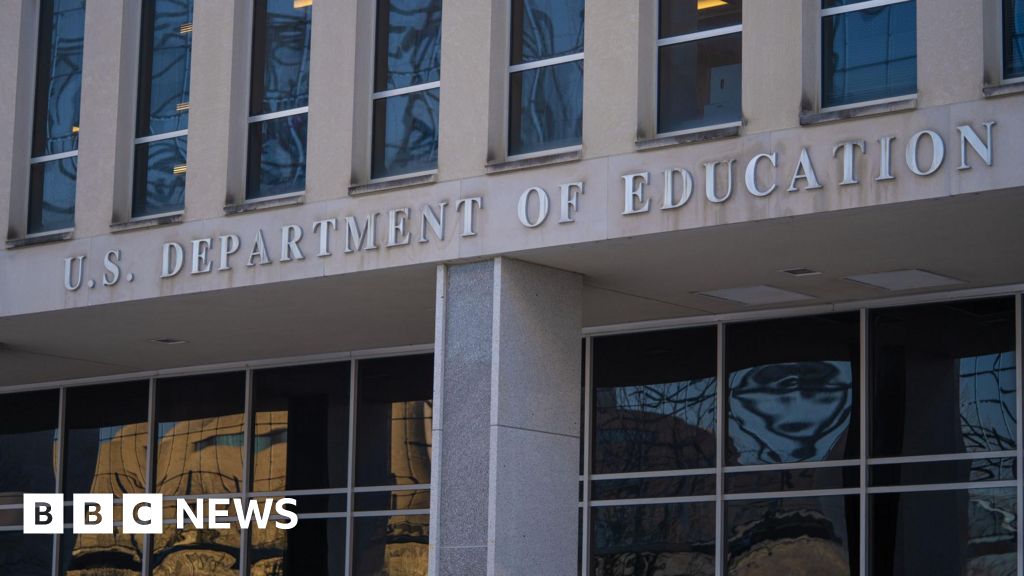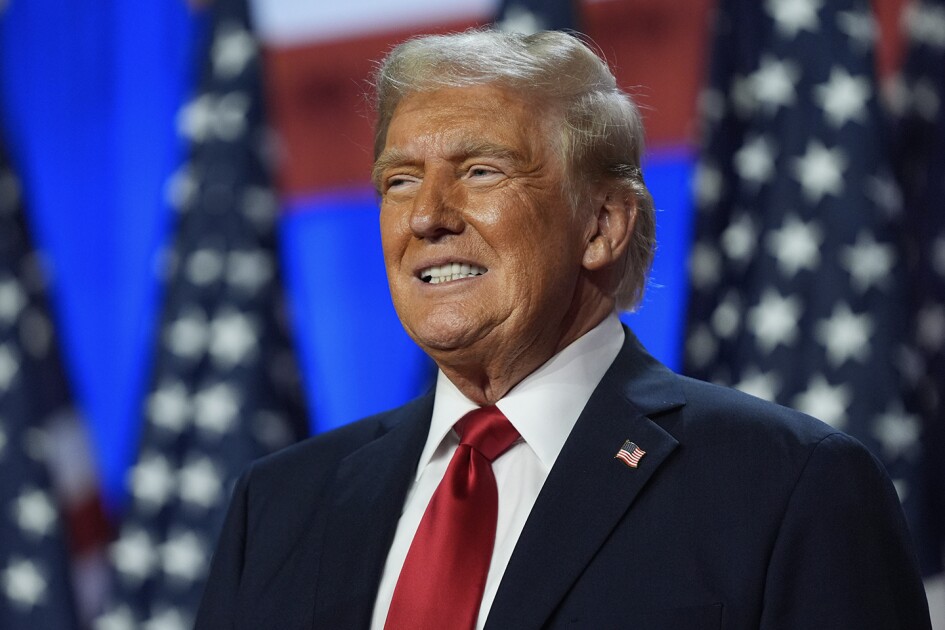- Room for Growth
- Posts
- Trump Will Shut Down The Department of Education.
Trump Will Shut Down The Department of Education.
Trump plans to decentralize the national education and entrust the regional governments to contextualize it based on their local needs. But will it work?

Donald Trump, the upcoming President of The United States who will take office on January 20th, 2025, has a massive plan to shut down the Federal Department of Education and give education back to states’ local governments. For you, busy educators, I’ve gathered key points on why Trump wants this way is better.
Background

According to the American Community Survey, about 79.5 million individuals aged 3 and older were enrolled in school across all levels in 2021, which includes preschool, K-12, and higher education. Approximately 55.5 million+ students were enrolled in elementary and secondary schools in the United States, with the majority attending public schools. 80 million is larger than the population of the UK and similar to that of Germany!
In 2023, the enacted budget for this year was around $79.2 billion. In 2024, the budget request for the Department of Education is approximately $90 billion in discretionary funding, which represents a $10.8 billion (or 13.6%) yearly increase.
Why?

Source: Wikipedia
Trump’s goal? To DECENTRALIZE it. Trump believes the centralized approach may often neglect the contextualization on the regional level in 50 states and countless cities and towns. As of early 2024, there are approximately 115,171 schools in the United States.
Federal Overreach
Trump argues that the Department of Education represents unnecessary federal interference in local educational matters. They contend that states can better manage their educational systems without federal mandates that may not align with local values or needs.
Cost Efficiency
Trump claims that federal involvement has led to increased per-student costs without corresponding improvements in educational outcomes. He suggests that eliminating the department could reduce federal spending and allow states to allocate resources more effectively
Local Control
Advocates for dismantling the department argue that local authorities have a better understanding of their unique educational challenges and can tailor policies accordingly. This could foster innovation and flexibility in educational approaches, potentially leading to improved outcomes
Cultural Concerns
Trump has criticized what he perceives as indoctrination in schools regarding race, gender, and political issues, claiming that local control would prevent such practices.
In fact, Republicans, Trump’s political party, pushed this action more than 40 year ago, when Ronald Reagan ran his presidential campaign.
In summary, Trump wants to grant schools with more choices, allowing each state government and school to contextualize based on their local needs and situations.
Case Studies

Destroying the central control tower may sound crazy, but there are countries that have been adopting similar decentralized models for the past decades.
Finland
Finland is known for its highly decentralized education system, where municipalities have significant control over their schools. Each school has the authority to create its own curriculum within national guidelines, allowing for local adaptation to meet community needs.
Chile
Chile has implemented a form of decentralization that allows local governments and schools a considerable degree of autonomy in decision-making regarding budgets and curricula. This model aims to enhance efficiency and responsiveness to local educational needs.
Well, Chile’s decentralized system has been quite questioned, though. Here’s an excerpt from a research paper that analyzed Chile’s decentralized education:
“Chile implemented a radical reform in favor of decentralization at the beginning of the 1980s, with municipalities taking over the administration of public school education. The government that came to power in 2014 is committed to reverting this reform, removing public schools from municipal control. Using panel data gathered between 2005 and 2013, this study shows that municipalities with greater autonomy performed better when administering schools. Two major conclusions may be drawn. First, selective decentralization in favor of more autonomous municipalities is a better public policy approach relative to an all-across-the-board solution. Second, since this autonomy is very unevenly distributed across municipal governments, a renewed and more effective fiscal equalization system should be established in Chile.”
New Zealand
New Zealand's education system underwent significant decentralization in the 1980s, transferring many responsibilities from central government to schools and local boards. Schools now have substantial autonomy over their operations, including budgeting and curriculum decisions.
The 1989 Education Act established self-managing schools as Crown entities, granting them autonomy over their governance and operations. Schools are governed by Boards of Trustees, which consist of elected parent and community representatives, the school principal, and staff representatives. These boards are responsible for setting school policies, managing budgets, and developing individual charters that outline educational goals and targets for student achievement.
Cons of Dismantling the Department of Education
While there are several valid reasons for closure, here are what the public is highly concerned about:
Loss of Federal Oversight and Funding: Critics argue that the department plays a crucial role in ensuring equitable access to quality education across different demographics, including marginalized groups. Its elimination could undermine protections for students with disabilities and those from low-income backgrounds.
Impact on Student Aid: The closure could disrupt vital funding programs like Pell Grants and Title I funding, which support low-income students and schools. This disruption could hinder access to higher education for many students.
In fact, the Department of Education not only handles the educational matter but also the individual financial matters with student loans.
Potential for Increased Inequality: Without federal standards and oversight, there is a risk that disparities in educational quality could widen between affluent and less affluent areas, as wealthier states may thrive while poorer ones struggle without federal support.
Can He Actually Close It? How’s the Progress?
It’s not entirely impossible, but it will require significant efforts.
Any attempt to eliminate the department will require approval from Congress. While Trump has significant Republican support, the party's control over Congress is narrow, making it uncertain whether he can secure the necessary votes for such a drastic measure.
And there has been major opposition from educators, too. You might want to read more on BBC about the process required:
Recent news? Trump, for now, is rather trying to weaken the Department of Education with several strategies to delegate major works to the local government and make “efficient” resource utilization. For that, he just appointed “the right person” for it.
Do you believe your government’s education department provides your school with significant autonomy or control? Are the guidelines clear and well-defined? Each government has its own approach and resources, making it essential for central bodies to address the actual needs of schools effectively.
I hope this post gave you an insight on how education is changing in the world. If you liked this post, subscribe to get weekly insights for educators on global innovation in education.
See you in the next one 👋,
Christopher Lee (Let’s connect on LinkedIn!)
Room for Growth



